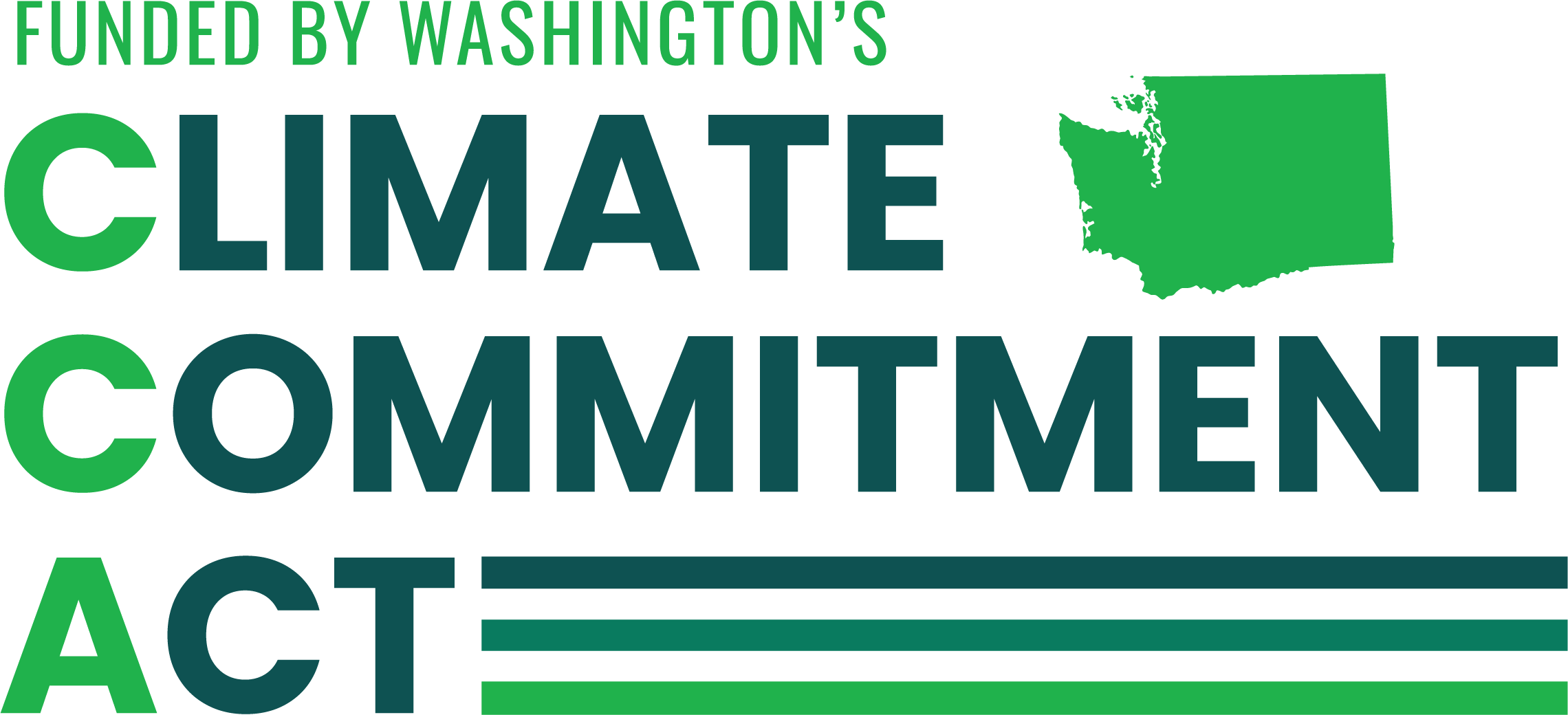Washington Families Clean Energy Credits Grant Program
Grants to Electric Utility Providers for Residential Customer Bill Credits. The increasing expense of utility bills for many low- and moderate-income households in Washington presents a significant obstacle for residents as the state transitions toward a clean energy future. To help alleviate the costs for these households, all public and private electric utilities are now eligible for a new grant program. Utility providers can learn more about the Washington Families Clean Energy Credits Grant Program here on this webpage.
The Washington Families Clean Energy Credits Grant Program dedicates $150 million to assist low- and moderate-income households with the clean energy transition. This initiative will offer bill credits of $200 per household to eligible residential customers through their electric utility provider. The Department of Commerce will distribute grants to all utility companies in Washington, enabling them to pass on $200 bill credits to customer accounts by September 15, 2024.
Utilities must first prioritize bill credits for customers at or below 80 percent area median income (AMI) and if funds remain, may expand bill credits for customers up to 150 percent of area median income (AMI). Customers residing in overburdened communities and vulnerable populations as defined under RCW 70A.02.010 will receive additional prioritization. This includes individuals who have participated in programs like the Low-Income Housing Energy Assistance Program (LIHEAP), utility payment plans, or other ratepayer-funded assistance programs. Utilities may also qualify customers through self-attestation.
Who is eligible?
Public and private electric utilities.
How much funding is available?
The Legislature appropriated $150 million. Electric utilities can use up to 5% of their grant funds for administrative costs associated with the disbursement of funds.
How will Commerce determine the funding distribution?
Commerce used the following four criteria, weighted equally, to determine each utility’s allocation:
- Utility service areas that are situated in locations experiencing disproportionate environmental health disparities
- American Community Survey poverty data
- Number of households served by electric utility provider and
- Energy burden data

The Washington Families Clean Energy Credits Grant Program is supported with funding from Washington’s Climate Commitment Act. The CCA supports Washington’s climate action efforts by putting cap-and-invest dollars to work reducing climate pollution, creating jobs, and improving public health. Information about the CCA is available at www.climate.wa.gov.
